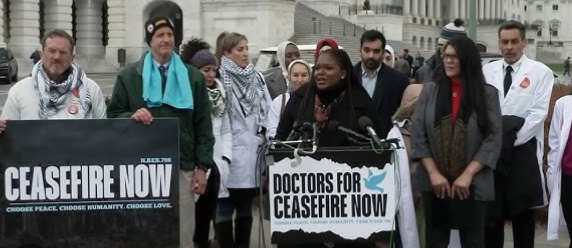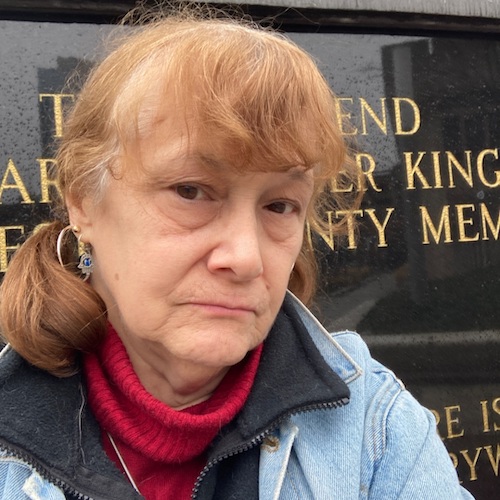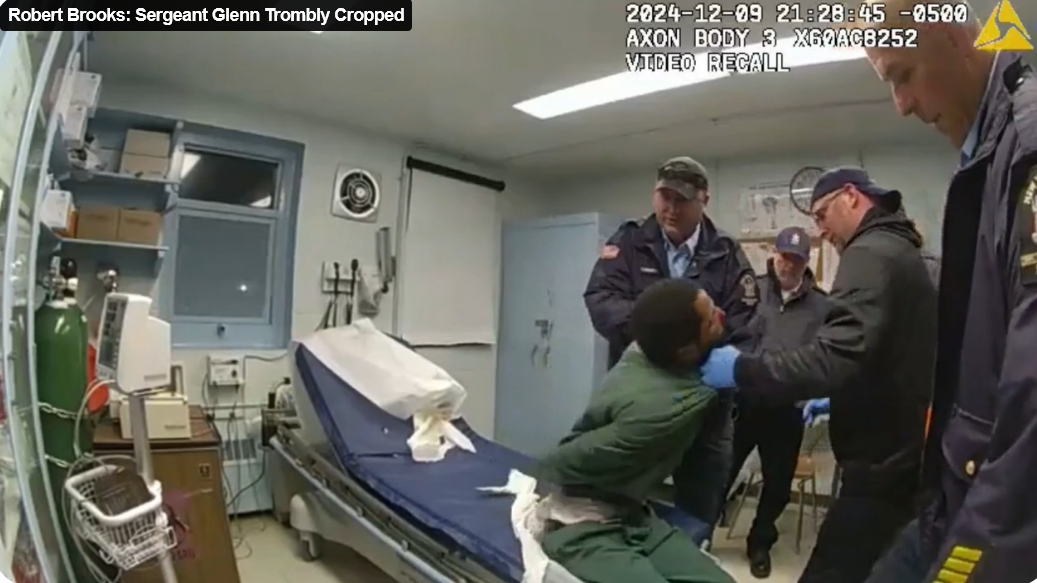[Notes From Bob Law]
The Zimmerman verdict demands that we raise the right questions.
It was not simply the Stand Your Ground law that was responsible for Trayvons death, and Zimmerman’s acquittal.
Consider this; Eleanor Bumpers was an elderly Black woman in the Bronx, New York, who was terrified when she heard someone breaking down her apartment door. She ran into her kitchen and picked up a kitchen knife. When the heavily armed group of policemen, who were at the wrong apartment, brought the door down, they immediately shot and killed Eleanor Bumpers. They, like Zimmerman said they feared for their lives. They were acquitted.
Mrs. Bumpers was not entitled to stand her ground. A white policeman killed Randy Evans, a 14 -year old Black youth who was unarmed and posed no threat at all. The cop’s defense was that he had suddenly contracted a rare form of epileptic motor seizure and temporary insanity. That policeman,
like all those before and since him, was also acquitted, without the benefit of the Stand Your Ground law.
The legalized killing of Black people has long been in effect. Tragically Trayvon Martin is simply the latest victim. Therefore, it is important to understand that our fght is not only with the Stand Your Ground law, and the state of Florida, although they are certainly legitimate targets. For those who love freedom, our fight is with the institution of American Racism.
Zimmerman killed Trayvon because he knew that under the real law of White privilege, he could get away with it, no matter what State he was in. His lawyers offered their flimsy defense because they were confident that whatever they offered would suffice, because they knew that the real law of White
privilege was on their side.
Legal scholar David Cole has stated: “The court has imposed nearly insurmountable barriers to anyone challenging race discrimination at all stages of the criminal justice system.” Michelle Alexander is right, racism is highly adaptable; we have always seen the rules and policies that are used
to protect Americas racial hierarchy change and transform whenever they are challenged.
In the Dred Scott case, Chief Justice Roger Taney summed up the courts position by ruling that all Blacks were beings of inferior order, and altogether unfit to associate with the White race, either in social or political relations, and as such they had no rights which the White man was bound to respect.
In effect, on March 6, 1857, the US Supreme court ruled that no Black person was entitled to justice in an American court.
The Zimmerman verdict, when viewed in an historical context starting with 14 year old Emmet Till in 1955, raises the fundamental question. What other than the rhetoric has changed since 1857? Can Black people really expect justice in an American Court? Since up to now we have been unable to
secure justice in the courts, we find ourselves moved into the streets, once again marching for justice and opposing unjust laws. Once again we have taken up the responsibility to be the moral conscience of a morally bankrupt society. Perhaps there is an additional way to make our presence felt, and
empower the Black community at the same time.
All recent studies point out that Black consumer spending is at an all time high, while Black communities suffer the highest unemployment, the lowest median family income, and the highest debt. African Americans still out-spend all other ethnic groups, in all categories.
Black people spend more than a trillion dollars annually with American Corporations that do not reinvest in Black communities in a meaningful way, nor do they support any of our legitimate struggles for social justice. By their benign neglect toward Blacks, most American corporations tolerate and condone the institutionalized racism that systematically devalues and destroys Black life.
At this moment everything of value to the Black community is under attack. We are losing voting districts, and voting rights, losing housing and health care, and our young are facing a future that offers for the most part, poverty or prison.
Perhaps it is time that we Stand Our Ground. What if we used our own money strategically. We can turn Black consumer spending into real power if we target our spending. Lets make where we spend our money a political decision. Let’s begin cutting back on spending in industries and local businesses
that receive so many Black dollars, while giving so little back. As an example, consider the fast food industry where we spend Billions every year. What if we stop spending so freely and redirected some of those dollars into the valuable independent Black institutions throughout the nation that are
struggling with insufficient funds to save our future generations?
Sadly, in order to not offend others in this “Post Racial” America, our totally owned leadership has agreed not to put the needs and interest of Black people first. Where ever possible they avoid Black concerns. Langston Hughes was right, when he urged us not to run from our own Blackness.
What if, without apology we Stand Our Ground, and begin to turn more of the trillion dollars already in our hands, away from indifferent corporations, and back into to the Black community? African Americans can begin to demand respect by taking control of our own spending. Keep in mind that the politics of renewal have always been driven by the movement of Black folks. What if we collectively, Stand Our Ground!






